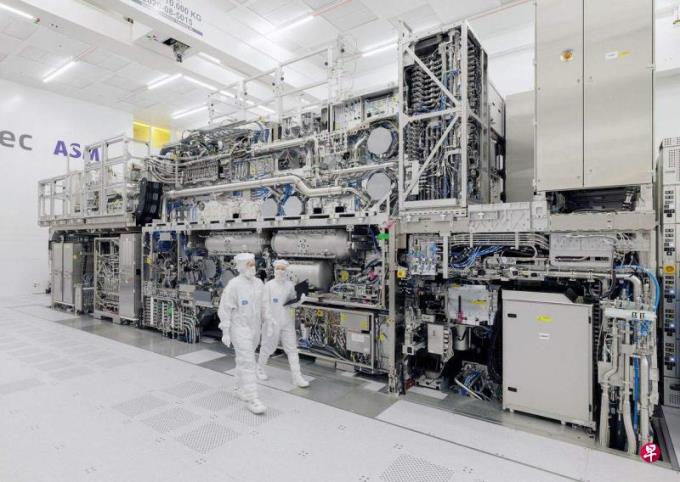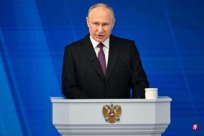
(Washington Composite Electric) It is reported that the United States has called on the allies such as the Netherlands, Germany, South Korea, and Japan to further limit China to obtain semiconductor technology.It is known that this requirement is resisted in some countries.
Bloomberg quoted sources reported that the latest measures of Biden's government aims to fill the export control loopholes implemented in the past two years and restrict China's progress in developing domestic chip capabilities.
News revealed that the United States wants Japanese companies to restrict the dedicated chemicals required to export chip manufacturing to China, including PhotoreSist.Several companies in Japan are in a leading position in the field of photoresses, including semiconductor material manufacturers JSR and Shin-ETSU Chemical.
Sources said that Washington also put pressure on the Netherlands, asking the Netherlands to stop providing services and maintenance for Chinese customers to restrict the chip equipment purchased by Chinese customers this year.
However, Bloomberg reported that Japan and the Netherlands responded indifferent to the latest measures for Washington. They hoped that before considering taking more severe action, they would first evaluate the impact of current restrictions.
In response to relevant reports, the Ministry of Economic and Industry, the Ministry of Foreign Affairs of the Netherlands, the US National Security Council and the Ministry of Commerce, and Asmore have refused to comment.
The Need, Japanese and Korean chip industry is the key to the global semiconductor supply chain
Since 2022, the Biden government has been targeting the Chinese semiconductor industry to implement comprehensive control of advanced chip manufacturing facilities and exports of precision chips for the development of artificial intelligence.Japan and the Netherlands joined the ranks of the United States last year, and now the United States is further attracting Germany and South Korea to join.The chip manufacturing equipment and related enterprises of these four countries are key companies in the global semiconductor supply chain.It is known that the Biden government is promoting the reaching an agreement before the June Seventh National Group (G7) summit.
Sources pointed out that there are still vulnerabilities in chip controls in China, especially engineers in Japan and the Netherlands continue to provide maintenance and components for semiconductor production equipment.In August last year, Huawei launched a smartphone with domestic chips, which shocked U.S. officials because its technical breakthrough was higher than the Chinese technology level that was originally known by the United States.In this regard, Republican Congress has called for a comprehensive prevention of Huawei and its chip manufacturing partners to obtain American technology.
On the other hand, the Dutch media reports that the Dutch government is exploring how to prevent Aschy from transferring more businesses outside the Netherlands.
Sources revealed that the Dutch government has set up a special working group called "Beethoven" to solve the concerns of Asmi for technical employees, environmental regulations and power supply.
Asley is the most valuable technology company in Europe, but it is worried about the business environment in the Netherlands.According to the media, the Dutch Prime Minister Lutter and Economic Minister of Economy Adrian Sens will meet with Asmore President Peter Winnek to discuss the business environment.
Asley previously stated that it was considering expanding its business to France, including France outside the Netherlands.The Dutch government recently proposed to curb the inflowing of foreign students and reduce tax incentives that attracted foreigners to the Netherlands, which aroused dissatisfaction among several companies such as Asmi, and believed that this would affect the long -term competitiveness of the Netherlands.




